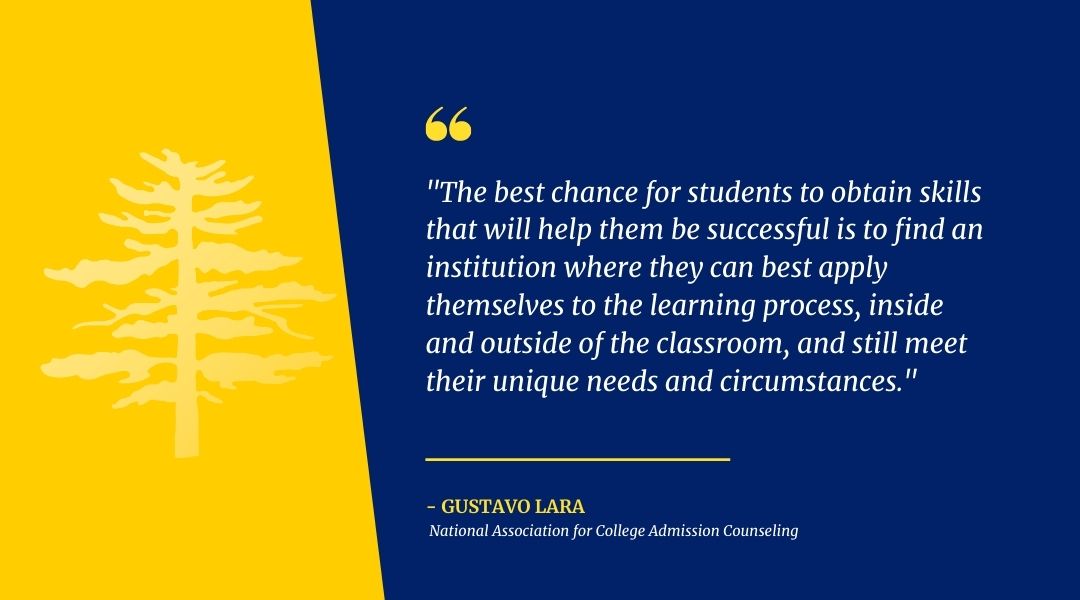When selecting high schools, multiple factors weigh into a family’s decision: size, location, the strength of the program, and programmatic choice, to name a few. The presence of an Advanced Placement (AP) curriculum within a high school signals a respected level of educational excellence. AP courses offer rigorous college-level content within a secondary school setting.
A school with an AP program may provide many benefits to students and families:
- Students develop the habits of mind and skills required to be successful in college courses while still in high school.
- In-depth study of a particular field often leads to students discovering a passion and pursuing that field as a major in college.
- College admissions officers often view students who score well on AP exams as being more prepared than those who have not experienced AP to handle college-level academics thus predicting a higher rate of success in college.
- Students within the AP program are viewed by college admissions officers as hard-working, and self-motivated.
- AP provides a standard measure by which students applying to college can be compared. Students can distinguish themselves within an elite group of students.
- Students who score well on AP exams may receive college credit for their high school coursework.
- With enough credits accumulated through AP, some students are able to graduate a semester or a year early, decreasing college expenses for families.
- Earning introductory college credit through AP credits may open room in a student’s schedule that would allow the pursuit of elective courses in an area of interest or room for a minor study.
The AP designation offers a benchmark for academic excellence and teacher professional development. For a school to offer the AP designation, the teachers of the course must complete the audit process and be approved by the College Board. Schools must provide adequate resources to AP students and professional development to AP teachers. In addition, the teacher’s content must be approved by the College Board in order to be authorized to use the AP designation.
















